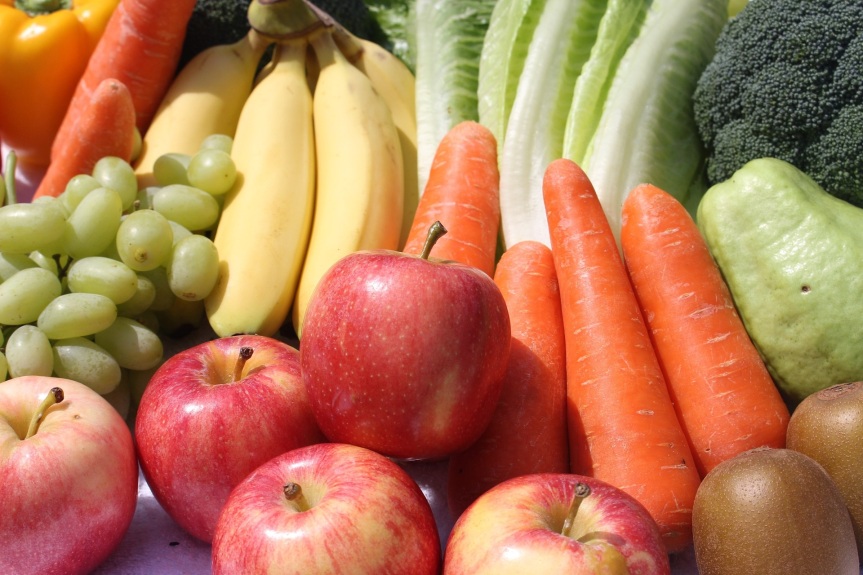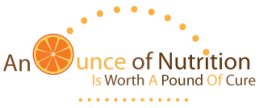Here are some big reasons why students may want to become involved in the farm bill process:

#1. They believe that no child, regardless of their socio-economic status should go hungry.
The farm bill provides food to eligible low income individuals and families through a program known as SNAP (Supplemental Nutrition Assistance Program). SNAP replaced the old food stamp program.
Here’s how it benefits kids:
- The highest percentage of SNAP recipients are children.
- SNAP significantly decreases the amount of kids that go hungry. Children with full bellies generally can concentrate better at school, get better grades and have a better sense of well-being.
- These benefits generally increase consumption of healthier foods to help reduce the risk of present or future chronic diseases; such as heart disease, diabetes and obesity.

#2. They support local foods
Local foods allow youth to know exactly how their food is grown and where it comes from – in other words food transparency.
- They can visit farms and speak directly to the farmer.
- The farm bill helps local farmers reach more consumers.
- Local foods tend to be grown more sustainably and without harmful pesticides.
- Local foods sold at local farmers markets bring the community together in a meaningful way.

#3. They recognize that more people will select nutritious foods if they understand the benefits of choosing them.
- Recipients are currently receiving nutrition education on the benefits of foods that they are getting through the SNAP program.
- They receive support on how to cook these foods at home.
- They may teach recipients how to shop.
- Nutrition education on healthy foods encourages consumption, which in turn helps reduce the risk of disease.

#4. They believe that fresh fruits and vegetables should be subsidized first over other foods
- Fruits and vegetables in the farm bill are considered a “specialty” crop (whatever that means??) and are not subsidized. This is why they may not be affordable to low-income individuals and families.
- However, SNAP’s double up food bucks program does allow recipients to double the value of their SNAP benefits when they purchase fresh fruits and veggies at a farmers market or grocery store.
- Students can advocate for these “super-healthy” foods to be subsidized first over other not-so-nutritious foods or participate in the double up food bucks program.
The senate bill is proposing establishing a “food is medicine” pilot where facilitators prescribe fresh fruits and vegetables to individuals and families.

#5. They believe that it should support beginning farmers
- It’s becoming challenging for young people to become farmers.
- The startup fees are enormous; equipment alone can cost hundreds of thousands of dollars.
- Land is hard to come by and is often sold to large farming operations.
- It’s challenging to make a living farming and so many opt out of this as a career.
So what if like me, these food politics make student’s heads spin! They can choose a more grassroots approach to changing our national food system. They may choose to “vote with their fork” and purchase more foods from local farmers, or volunteer at a local hunger organization. They may help raise funds for young farmers to get started, or become involved in local legislation to help them purchase land. They may teach cooking or nutrition classes centered on fresh fruits and vegetables. Really, the skies the limit!


